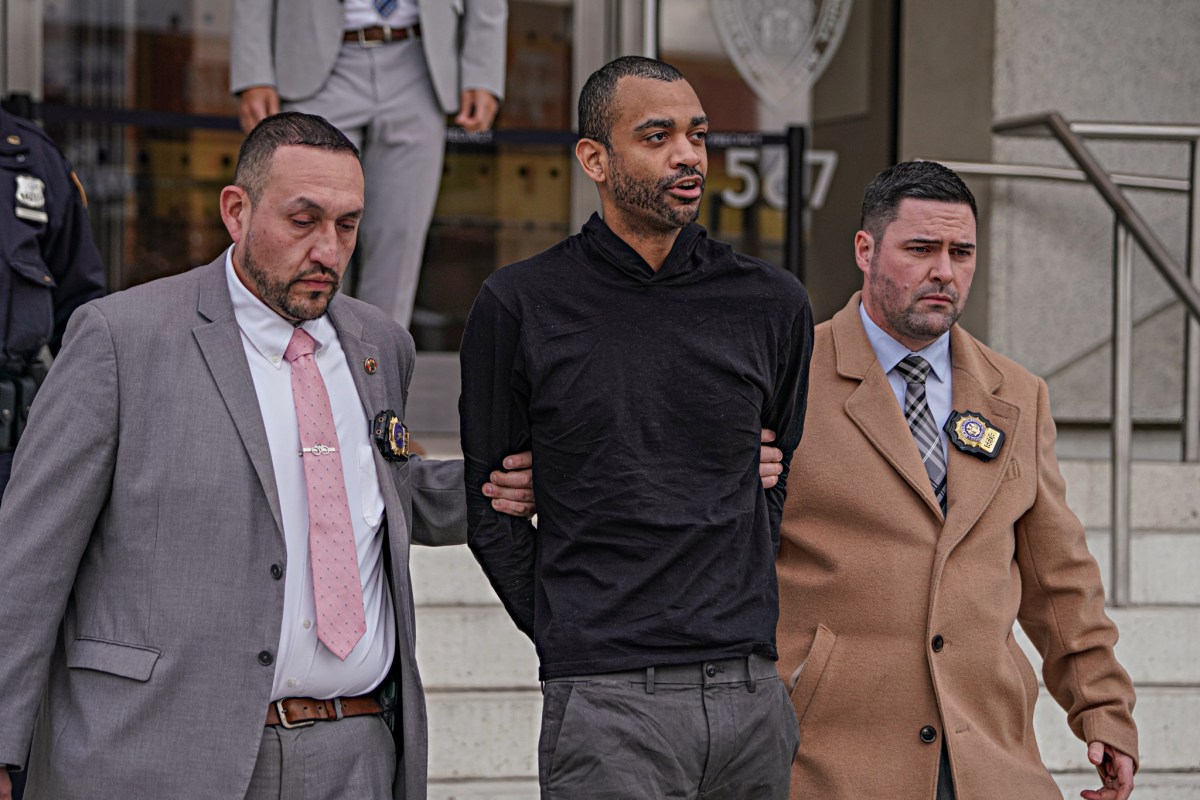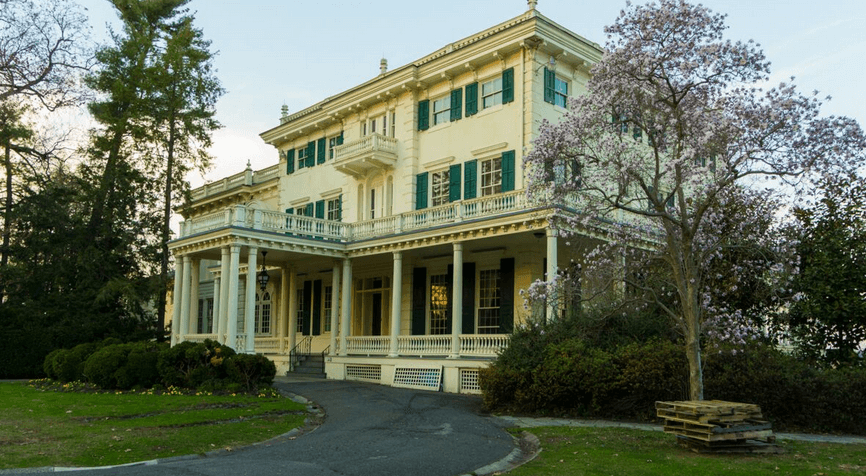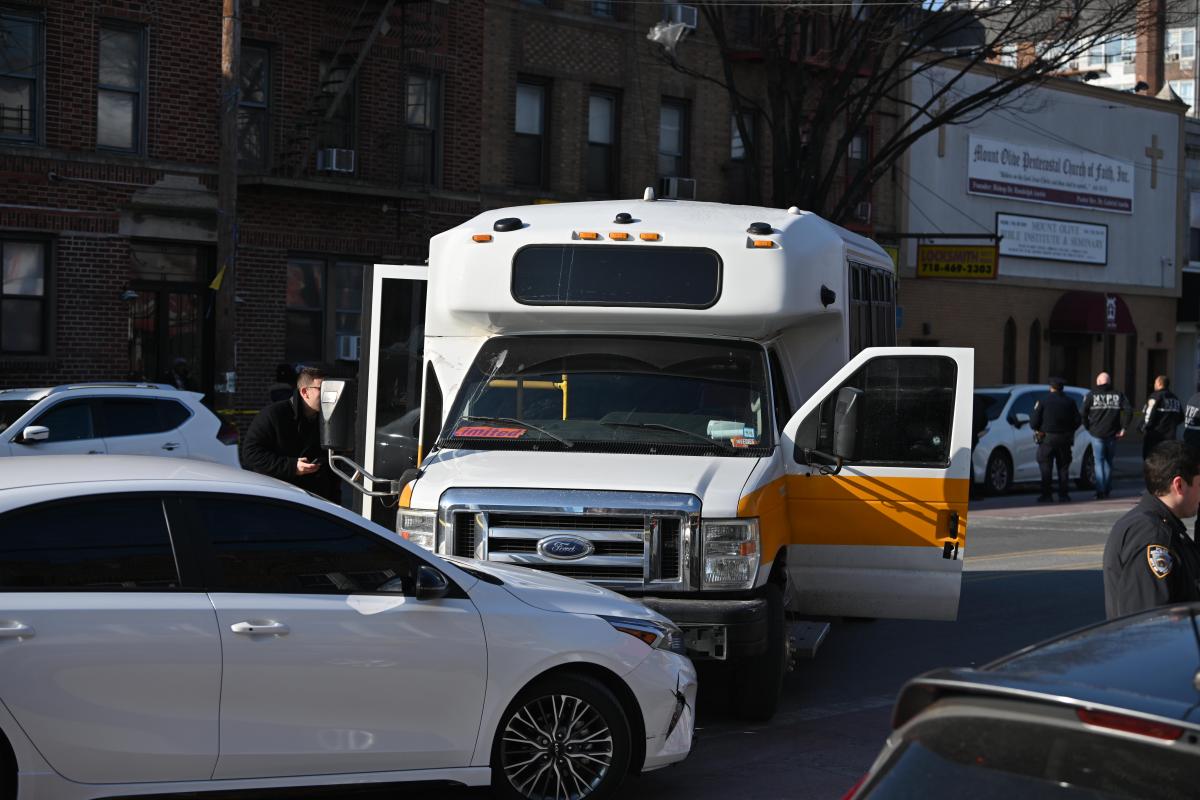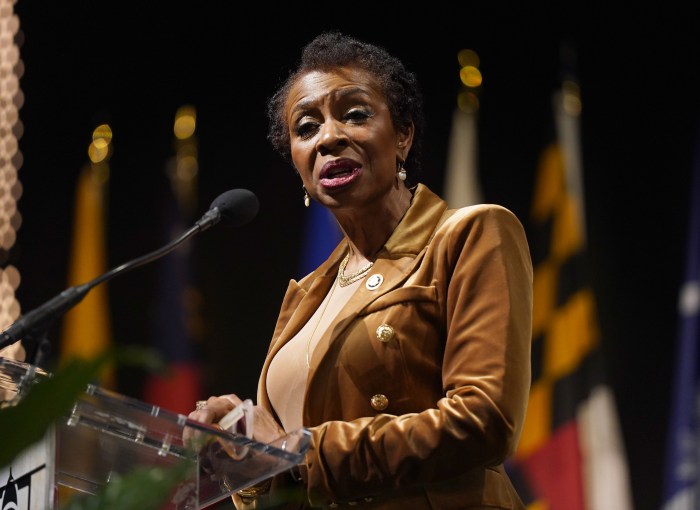ROME (AP) — Revelations that the Vatican let a famous priest off the hook twice for abusing his authority over adult women has exposed two main weaknesses in the Holy See’s abuse policies: sexual and spiritual misconduct against adult women is rarely if ever punished, and secrecy still reigns supreme, especially when powerful priests are involved.
The Jesuit order, to which Pope Francis belongs, was forced to admit Wednesday that its initial statements about the Rev. Marko Ivan Rupnik, an internationally recognized religious artist, were less than complete. The order had said Rupnik was accused in 2021 of unspecified problems “in the way he exercised his ministry” but that the Vatican’s Congregation for the Doctrine of the Faith determined the allegations were too old to prosecute.
But under questioning by journalists, the Jesuit superior general, the Rev. Arturo Sosa, acknowledged the Congregation had prosecuted Rupnik for a separate, prior case from 2019 that ended with his conviction and temporary excommunication for one of the gravest crimes in the church’s in-house canon law: that he used the confessional to absolve a woman with whom he previously had sexual relations.
The case dates from 2015, when Rupnik was in Rome, and also included an accusation of false mysticism that wasn’t prosecuted, according to a person familiar with the case who was not authorized to speak about it. Rupnik quickly admitted to the confession-related crime and formally repented, and the Congregation immediately lifted his excommunication from the church, Sosa said in response to a question from The Associated Press.
While the Jesuits barred Rupnik from hearing confessions or giving spiritual direction, the restrictions on his ministry did not prevent him from celebrating Mass or preaching. He continued writing and making his art without the public, the consecrated women in his community or even his own Jesuit confreres knowing the truth.
Rupnik is unknown to most Catholics but is a giant within the Jesuit order and the Catholic hierarchy because he is one of the church’s most sought-after artists. His mosaics depicting biblical scenes decorate the basilica in Lourdes, France, the Vatican’s own Redemptoris Mater chapel and the John Paul II institute in Washington, and are due to grace the new basilica in Aparecida, Brazil. He designed the Vatican logo for the 2022 World Meeting of Families, and was featured in a Vatican News television interview to describe the religious inspiration behind it.
When the 2021 case became public this month, fellow Jesuits called for the Vatican to shed more light on why Rupnik wasn’t sanctioned by the Holy See after he was accused.
After fine-tuning its procedures to punish priests who abuse children, the Vatican last year updated its law to criminalize abuse of authority over adults, and in 2020 it revealed how a once-powerful ex-cardinal, Theodore McCarrick, sexually abused his adult seminarians.
But the new disclosures about Rupnik indicate that Catholic priests who abuse their authority to sexually, spiritually or psychologically abuse adult women rarely receive canonical sanctions despite estimates that priests are four times more likely to engage in sexual activity with women than minors.
Sara Larson, executive director of Awake, a grassroots U.S. group that seeks to educate, advocate for and support Catholic abuse survivors, said there is a seemingly reflexive belief that, barring physical violence, all sexual contact between adults is consensual. And yet the #MeToo movement made clear that power differentials often make meaningful consent impossible.
“There can be no true consent when a priest is in a position of spiritual authority over someone,” Larson said in a telephone interview. “We recognize that sexual activity between a doctor and a patient, or a therapist and a client, is a serious abuse of power, and we treat that kind of sexual contact as criminal. Sexual activity between a priest and someone seeing him for spiritual care is really no different.”
Yet the hierarchy often responds to women who report priests for abusing their authority over them by blaming the women for seducing the priest, or minimizing the event as a mere “mistake” or “boundary violation” by an otherwise holy priest, without considering the devastating trauma such abuse can have on the woman, Larson said.
Sosa, for example, never once used the word “victim” in describing the women harmed by Rupnik. Instead, he repeated that Rupnik had made “mistakes” and that the Jesuits were committed to helping “heal the wounds.”
“We want to go beyond the juridical question and accompany the personnel who … are brought to do this type of mistake and accompany also the people who were wounded by this behavior, to heal,” he said.
The scandal involving Rupnik erupted last week when three Italian websites – Silere non Possum, Messa in Latino and Left magazine – began revealing allegations of spiritual, psychological and sexual abuse against Rupnik by consecrated women who live like nuns at a Jesuit community with which he was affiliated in his native Slovenia in the 1990s.
Sosa said Wednesday the 2021 complaint dated from that period, and that the Congregation for the Doctrine of the Faith had determined the crimes were too old to prosecute. He revealed that Rupnik was forced to leave the community in Slovenia due to an unspecified “conflict” among the women there. A group followed the priest to Rome, where he founded the Jesuit Aletti Center, an art studio and study center focused on the impact of culture on the Christian faith.
There has been no explanation for why the Congregation, which regularly waives statute of limitations for abuse-related crimes, decided not to waive it this time around, especially considering the previous confession-related conviction. The office, now called the Dicastery for the Doctrine of the Faith, is headed by a Jesuit, has a Jesuit sex crimes prosecutor and had as its No. 2 at the time someone who lived in Rupnik’s Jesuit Aletti Center.
Sosa was asked what, if anything, Francis knew about Rupnik’s case or whether he intervened. Sosa said he didn’t know but “could imagine” that the prefect of the Dicastery, Cardinal Luis Ladaria, would have informed the pope.
To Doris Reisinger, the handling of the Rupnik case sounds all too familiar. She reported confession-related sexual abuse by a priest when she was a nun. The Vatican in 2019 found there was no “absolute moral certainty” to her claim and absolved the priest, who happened to work in the Dicastery at the time of her accusation.
“There is no transparency and no sympathy with Rupnik’s victims, and above all, the most outrageous thing, really, there seems to be a deliberate silence on the most recent case and the excommunication,” Reisinger said in an email. “Personally, it makes me feel sick.”






















